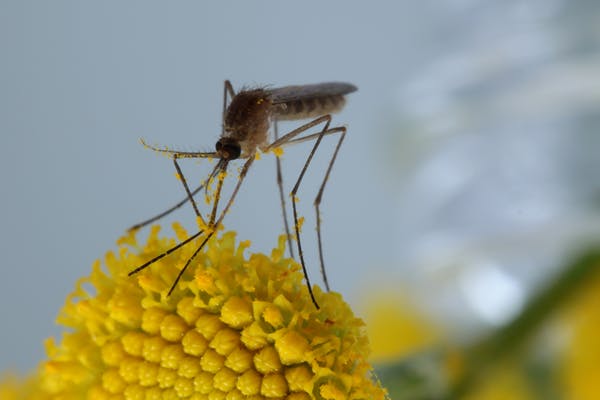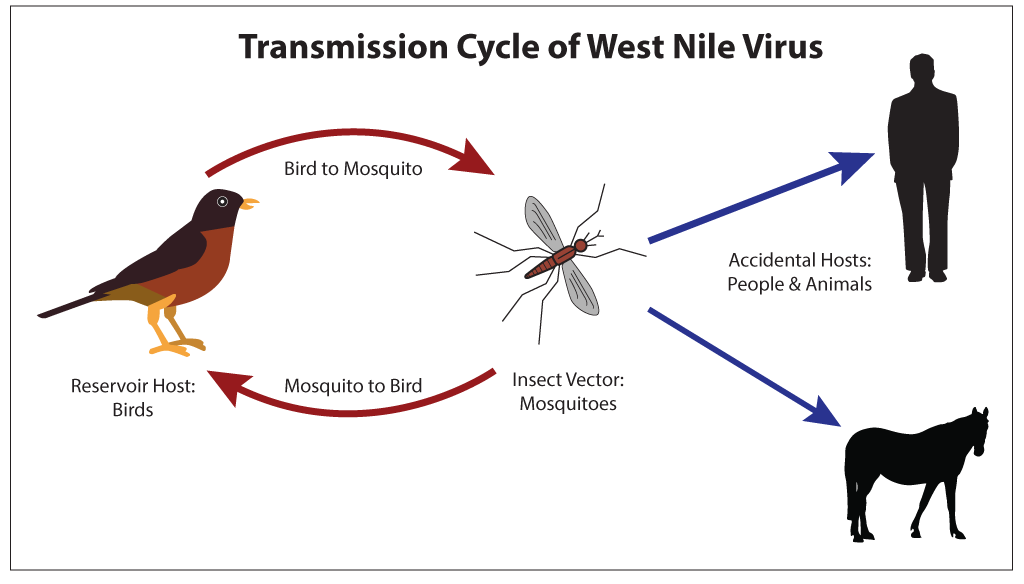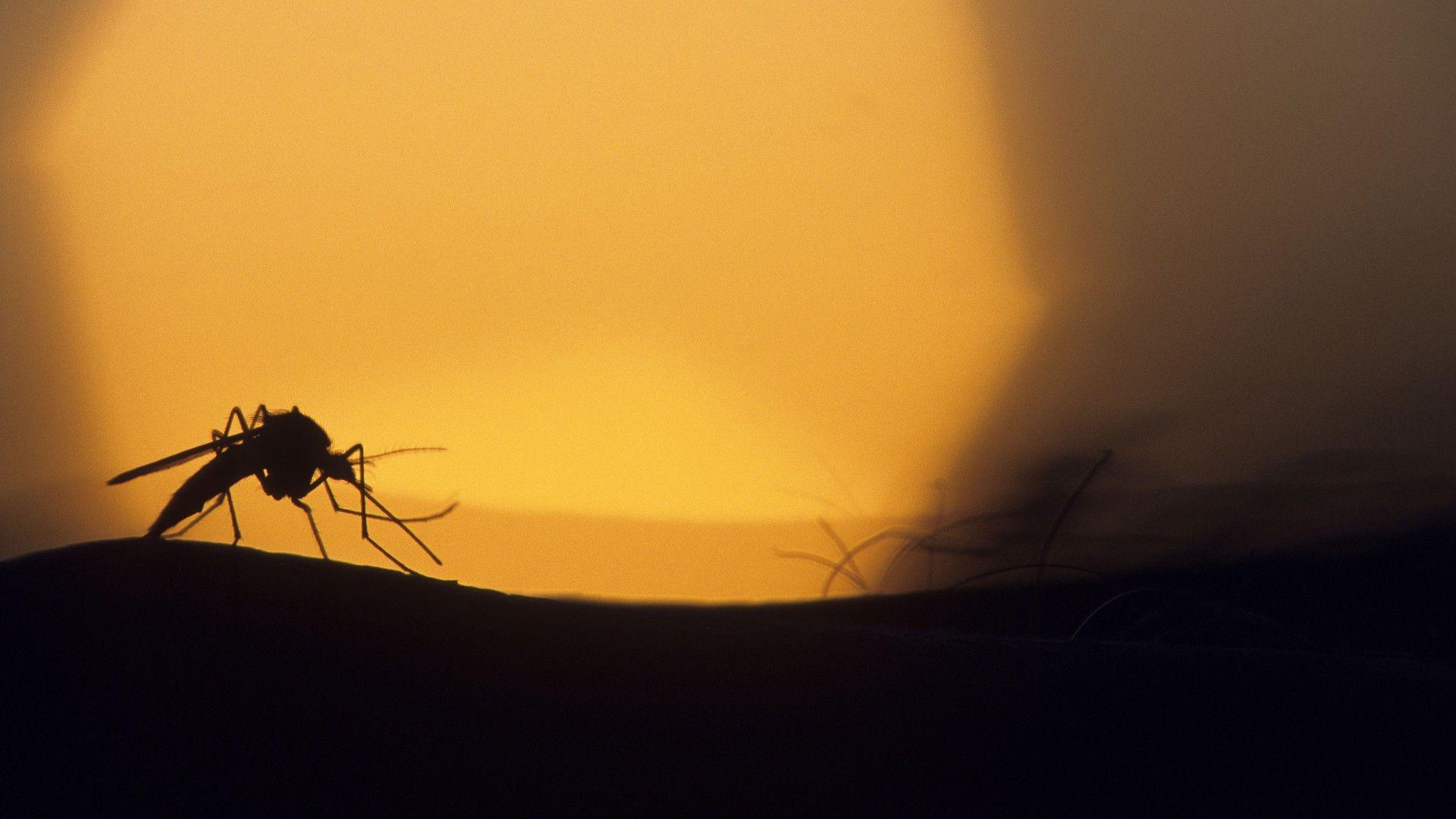The statement that the disappearance of mosquitoes would no longer cause a full-size exchange inside the ecosystem is a contentious one. Mosquitoes are regularly vilified because of their function in spreading sicknesses like malaria and dengue, yet their ecological role is greater nuanced. permit’s delve into the ability affects of their absence to assess the validity of this declare.
Ecological Roles of Mosquitoes
Meals Source for Different Species:
Mosquitoes, especially of their larval level, serve as a critical meals source for lots aquatic organisms. Fish, amphibians, and different insect larvae eat mosquito larvae, relying on them for sustenance. in their grownup shape, mosquitoes are preyed upon by using birds, bats, and spiders. The elimination of mosquitoes from the food internet may want to result in a decline inside the populations of those predators, which may then affect better trophic stages.
predators, which may then affect better trophic stages.
Pollination:
whilst no longer as 9aaf3f374c58e8c9dcdd1ebf10256fa5 as bees or butterflies, a few mosquito species make a contribution to pollination. They feed on nectar and inadvertently transfer pollen from one flower to another. This position, despite the fact that minor compared to different pollinators, still supports the biodiversity and fitness of certain plant species.
Arguments for Insignificant Change
Area of Interest Alternetive
One argument for the insignificance of mosquito disappearance is the concept of area of interest substitute. Ecosystems are dynamic, and if mosquitoes were to disappear, other organisms may fill their ecological niches. as an instance, other bugs should take over their position as pollinators and meals sources, probably mitigating the impact of their absence.
Redundancy in Ecosystems:
Ecosystems frequently show off redundancy, wherein a couple of species carry out comparable roles. This redundancy can buffer the gadget against the lack of a unmarried species. Given the good sized number of insect species, the functions executed by means of mosquitoes is probably covered with the aid of different insects, leading to minimal disruption.
Counterarguments
Complex Interdependencies:
Ecosystems are intricately interconnected, and the elimination of even a unmarried species could have unexpected outcomes. The decline of mosquito predators may lead to cascading effects, ultimately impacting plant groups and other flora and fauna.
Sickness Regulation:
paradoxically, mosquitoes help modify populations of other organisms by way of spreading illnesses. without them, there may be unchecked population boom of sure species, leading to overpopulation and aid depletion.
In end, at the same time as the disappearance of mosquitoes won’t cause immediate and obvious changes, the long-time period and indirect consequences could be large. The complexity and interdependence of ecosystems advocate that any loss, mainly of a species as great and ecologically integrated as mosquitoes, is in all likelihood to have far-reaching outcomes. consequently, it might be overly simplistic to say their disappearance would not result in good sized environment changes.

